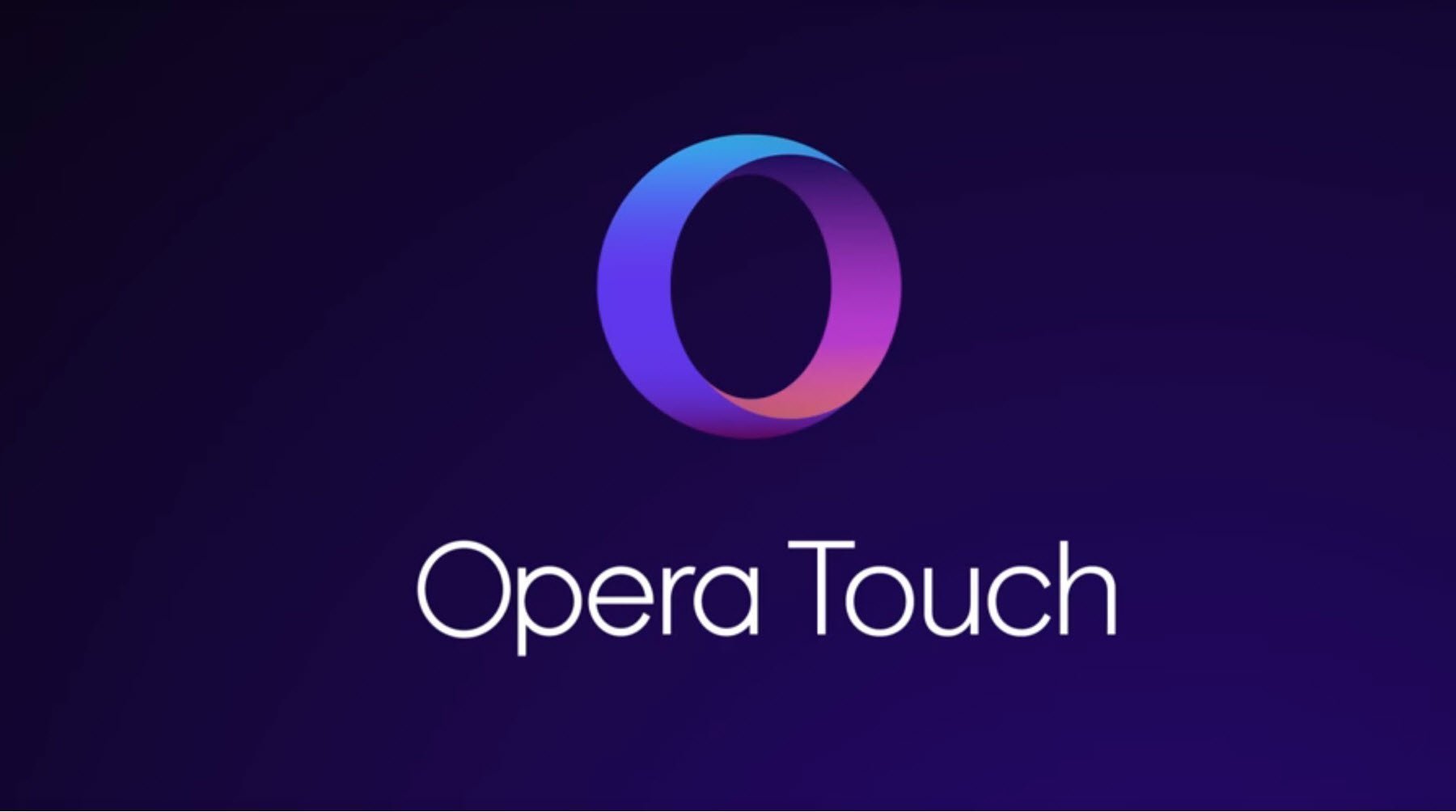
Introduction:
Artificial Intelligence (AI) has permeated various aspects of our lives, revolutionizing the way we live, work, and interact. From virtual assistants to personalized recommendations, AI has made its mark on numerous industries. In this blog post, we will explore the applications of AI in lifestyle and how it has transformed the way we approach daily activities, from health and fitness to entertainment and beyond.
Personalized Health and Fitness:
AI has revolutionized the health and fitness industry, enabling personalized experiences and empowering individuals to make informed decisions about their well-being. Wearable devices equipped with AI algorithms can track vital signs, analyze sleep patterns, and provide real-time feedback for a healthier lifestyle. AI-powered health apps can also offer personalized nutrition suggestions and workout plans, tailored to an individual's specific needs and goals.
Maintaining good health and fitness is a priority for many individuals, and thanks to advancements in Artificial Intelligence (AI), personalized health and fitness solutions have become more accessible than ever before. AI-powered tools and technologies have revolutionized the way we approach our well-being, enabling tailored recommendations, tracking progress, and empowering individuals to make informed decisions about their health. In this section, we will explore the applications of AI in personalized health and fitness and how they have transformed the landscape of well-being.
-
Wearable Devices and Health Monitoring: Wearable devices, such as smartwatches and fitness trackers, have become popular tools for monitoring health and fitness. These devices employ AI algorithms to track various biometric data, including heart rate, sleep patterns, steps taken, and calories burned. By collecting and analyzing this data, AI algorithms can provide valuable insights into an individual's health status, activity levels, and overall well-being. Wearables empower users to make informed decisions about their lifestyle choices, encouraging healthier habits and motivating them to achieve their fitness goals.
-
Personalized Nutrition and Diet: AI-powered nutrition apps and platforms have revolutionized the way we approach our diets. By analyzing individual dietary preferences, health goals, and even medical conditions, AI algorithms can offer personalized nutrition recommendations. These algorithms can suggest meal plans, recipes, and even provide real-time nutritional analysis of food choices. Personalized nutrition advice helps individuals make healthier choices, manage weight, and address specific dietary requirements or restrictions.
-
Virtual Fitness Trainers: AI has given rise to virtual fitness trainers and workout applications that provide personalized training programs tailored to individual needs and goals. These platforms leverage AI algorithms to assess an individual's fitness level, track progress, and adjust workouts accordingly. Virtual trainers can provide real-time feedback on exercise form, suggest modifications, and motivate users to achieve optimal results. The personalized nature of these platforms ensures that individuals receive workouts that are challenging yet within their capabilities, enhancing the effectiveness of their fitness routines.
-
Remote Health Monitoring and Telemedicine: AI-powered remote health monitoring systems have improved access to healthcare and facilitated remote patient care. IoT devices equipped with AI algorithms can monitor vital signs, collect patient data, and alert healthcare professionals about any abnormalities. This technology enables individuals to manage chronic conditions from the comfort of their homes while allowing doctors to remotely monitor their patients' health status. Additionally, telemedicine platforms powered by AI enable virtual consultations, providing access to healthcare professionals and medical advice without the need for in-person visits.
-
Mental Health and Well-being: AI has also made significant strides in the realm of mental health and well-being. Chatbots and virtual assistants, infused with AI capabilities, can offer personalized support and guidance for managing stress, anxiety, and other mental health concerns. These AI-powered tools provide a confidential and accessible platform for individuals to express their emotions, receive coping strategies, and access mental health resources.
The integration of AI in personalized health and fitness has revolutionized the way individuals approach their well-being. Through wearable devices, personalized nutrition recommendations, virtual fitness trainers, remote health monitoring, and mental health support, AI empowers individuals to take control of their health and make informed decisions. As AI continues to evolve, we can expect further advancements in personalized health and fitness, leading to more effective and tailored approaches to well-being.
Smart Homes:
AI has given rise to the concept of smart homes, where everyday household tasks are automated and simplified. Virtual assistants like Amazon's Alexa and Google Assistant use AI to control smart devices, such as thermostats, lights, and security systems. These assistants can learn from user behavior and preferences, adjusting the home environment to optimize comfort and energy efficiency.
Virtual Personal Stylists:
AI-powered fashion assistants have made their way into the lifestyle industry, helping individuals stay on top of the latest fashion trends and make style choices that suit their preferences. Virtual stylists leverage machine learning algorithms to analyze fashion data, provide outfit recommendations, and even suggest where to purchase the items. This technology enables users to curate their personal style effortlessly.
Personalized Entertainment:
AI algorithms are reshaping the entertainment landscape, providing personalized recommendations for movies, TV shows, music, and books. Streaming platforms like Netflix and Spotify leverage AI to analyze user preferences and behavior, offering content suggestions tailored to individual tastes. This level of personalization enhances the overall entertainment experience, ensuring users discover content they are likely to enjoy.
Travel and Navigation:
AI has transformed the way we navigate through cities and plan our trips. Mobile apps equipped with AI algorithms can provide real-time traffic updates, suggest optimal routes, and even predict travel times. Additionally, AI-powered virtual travel assistants can assist in booking flights, accommodations, and recommend local attractions, making travel planning more efficient and personalized.
Personal Finance:
AI-based financial tools are becoming increasingly popular, helping individuals manage their finances more effectively. These tools can analyze spending patterns, provide budgeting advice, and even offer personalized investment recommendations. AI algorithms can detect anomalies, such as potential fraudulent activities, providing an extra layer of security for financial transactions.
Conclusion:
Artificial Intelligence has had a profound impact on our lifestyle, enabling personalized experiences and simplifying everyday tasks. From personalized health and fitness to smart homes, virtual stylists to personalized entertainment, and even transforming the way we navigate and manage our finances, AI has become an indispensable part of our daily lives. As AI continues to evolve, we can expect further advancements and exciting applications that will further enhance and transform our lifestyle in the future.








